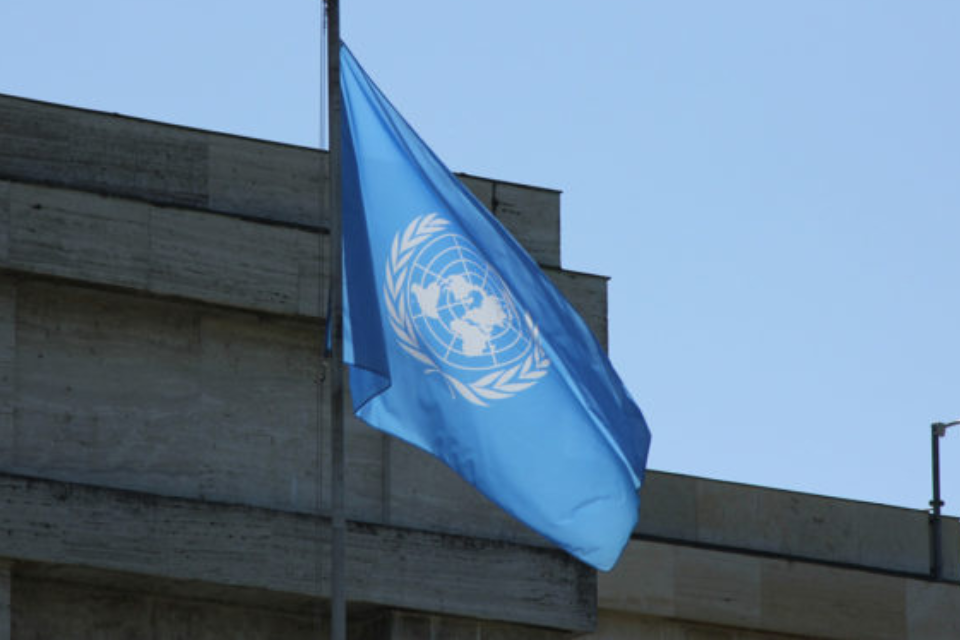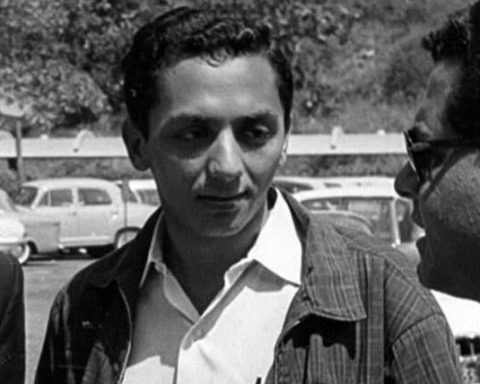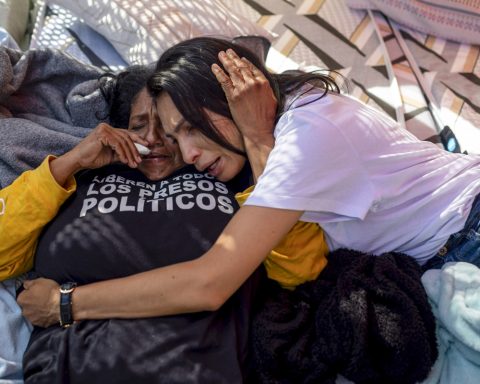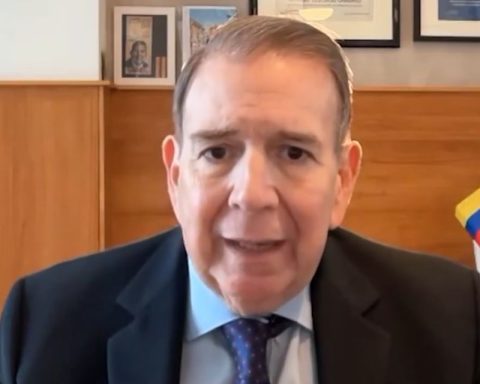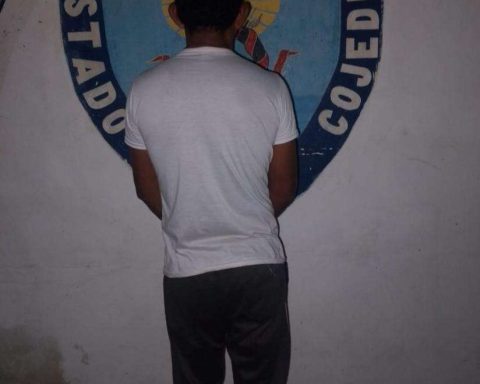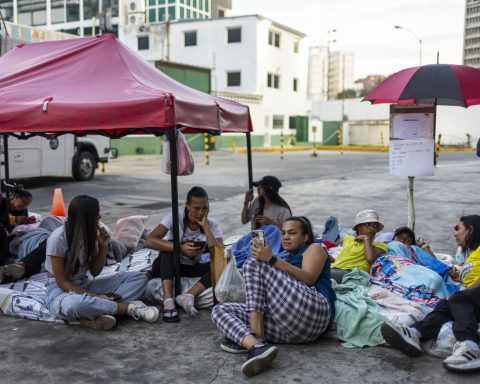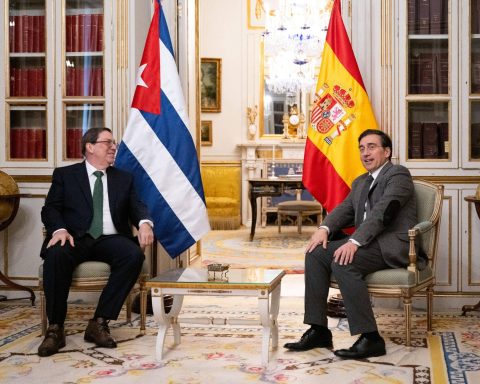After three years of negotiations, the UN approved by consensus the United Nations Convention against Cybercrime, which must now be passed to the General Assembly for formal adoption.
Text: RFI / AFP
UN member states approved the first treaty to combat cybercrime on Thursday, despite staunch opposition from human rights activists who warn of the risks posed by this global surveillance tool.
After three years of negotiations and a final two-week round, the “United Nations Convention against Cybercrime” was adopted by consensus and must now be submitted to a vote by the General Assembly for formal adoption.
“I consider that the documents (…) are adopted. Thank you very much. Congratulations to everyone!” said Faouzia Boumaiza Mebarki, president of the intergovernmental committee created in 2019 to draft this treaty proposed by Russia, to applause.
The new treaty, which can enter into force once it has been ratified by 40 countries, aims to “combat cybercrime more effectively” and strengthen international cooperation in this field, particularly in the areas of paedophilia and money laundering.
But its detractors, an unusual alliance between human rights activists and big tech companies, denounce the overly broad scope of the treaty, which they say will turn it into a treaty for global “surveillance.”
*Read also: Maduro says CNE cannot show records because it is in a cyber battle
The text provides that a State investigating any crime punishable by a minimum of four years’ imprisonment under its national law may request from the authorities of another State any electronic evidence related to that crime, as well as request data from an access provider.
Human rights advocates fear the text could be used by states that criminalise homosexuality or by governments that persecute dissidents or journalists.
“We call on States to ensure that human rights are at the heart of the Convention to be adopted this week,” the Office of the UN High Commissioner for Human Rights said in a statement this week.
“Rights defenders, researchers and children should not fear the criminalization of protected activities,” he added.
Post Views: 115
